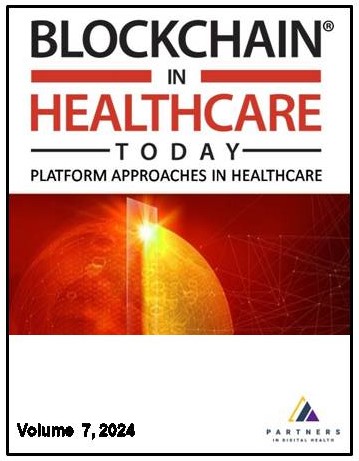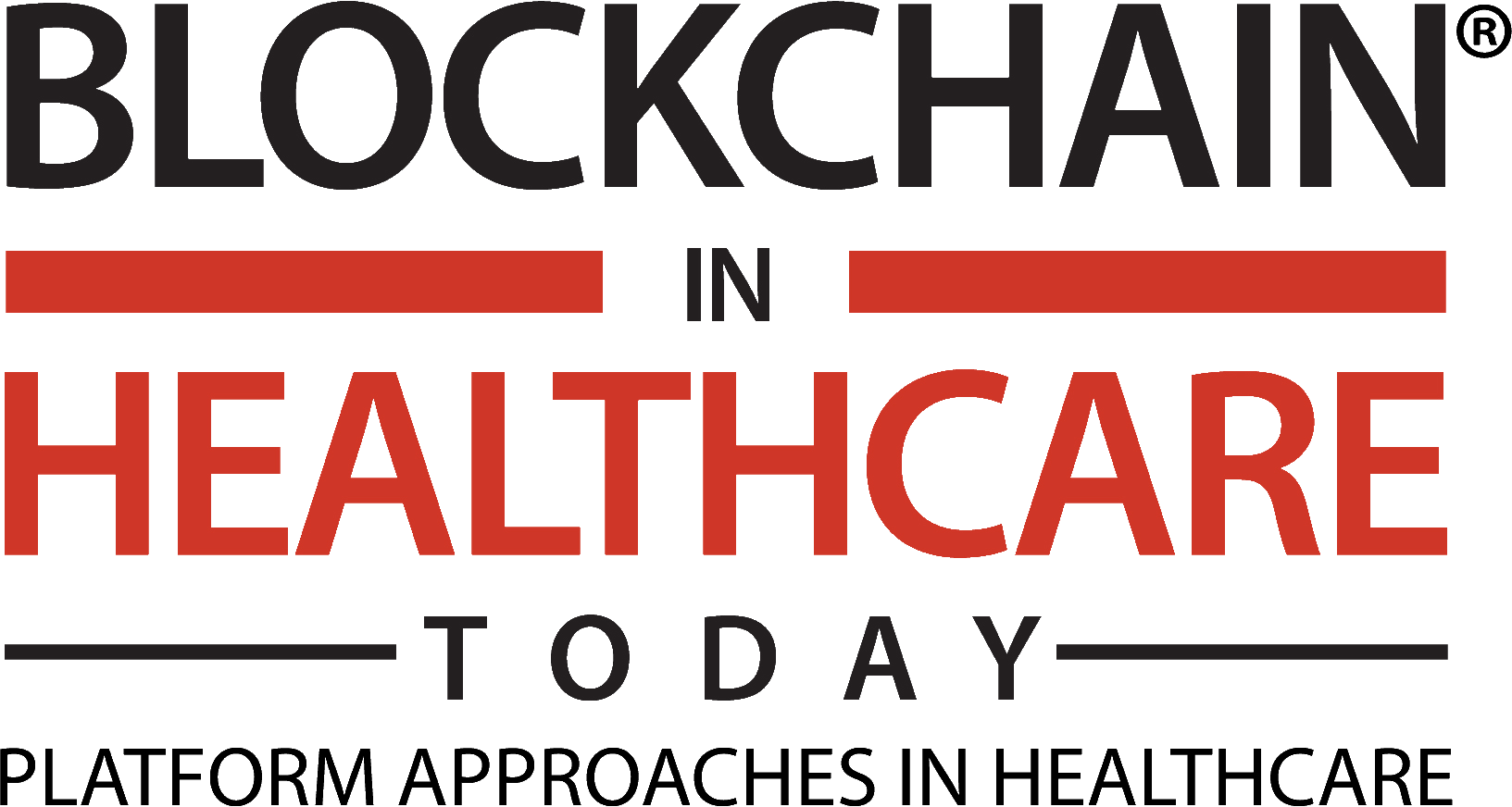Current issue

Volume 7, Issue 3, 2024
Online ISSN: 2573-8240
Volume 7 , Issue 3, (2024)
Published: 16.12.2024.
Open Access
Blockchain in Healthcare Today (BHTY) is the leading international open access journal that amplifies and disseminates platform approaches in healthcare and distributed ledger technology research and innovations. Fields of interest include healthcare information systems, leveraging data science tools and techniques, interoperability, consent mechanisms, privacy preservation, security of health data, clinical trials management, supply chain management, revenue cycle automation, immersive technologies, tokenomics, governance, regulation, network technologies, clinical computing, cryptography, and failed experiments in this expanding specialty field of research.
All issues
Contents
31.08.2024.
Original Research
Soulbound Tokens: Enabler for Privacy-Aware and Decentralized Authentication Mechanism in Medical Data Storage
Context: The digitalization of the healthcare sector faces significant challenges due to the diverse representation of data and their distribution across various hospitals. Moreover, security is a key concern as healthcare-related data are subject to the legal obligations of GDPR and similar data protection legislations. Standardization efforts like HL7 have been implemented to enhance data interoperability. However, authentication still remains a critical issue, even significant challenges. Aim: This research aims to improve and strengthen the authentication process by introducing a novel architecture for decentralized authentication. Additionally, it proposes a new approach to decentralized data management, which is crucial for handling sensitive medical data efficiently. Methodology: The proposed architecture adopts a user-centric approach, utilizing Self-Sovereign Identity (SSI). It introduced a new non-fungible token (NFT) type called Soulbound token (SBT) in the medical context, which will facilitate user authentication across different hospitals, effectively creating a federation of interconnected institutions. Results: The implementation of the proposed architecture demonstrated a significant reduction in authentication time across multiple hospitals. The use of SBT ensured secure and seamless user authentication, enhancing overall system interoperability and data security. The decentralized approach also mitigated the risks associated with centralized authentication servers. Conclusion: The study successfully presents a novel decentralized authentication architecture for the healthcare domain, leveraging SSI and SBTs. This approach not only accelerates the authentication process but also enhances data security and interoperability among hospitals. Future research should explore the scalability of this architecture and its application in other sectors requiring stringent data security measures.
Biagio Boi, Franco Cirillo, Marco De Santis, Christian Esposito
